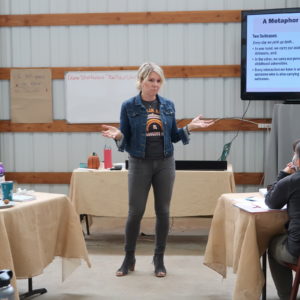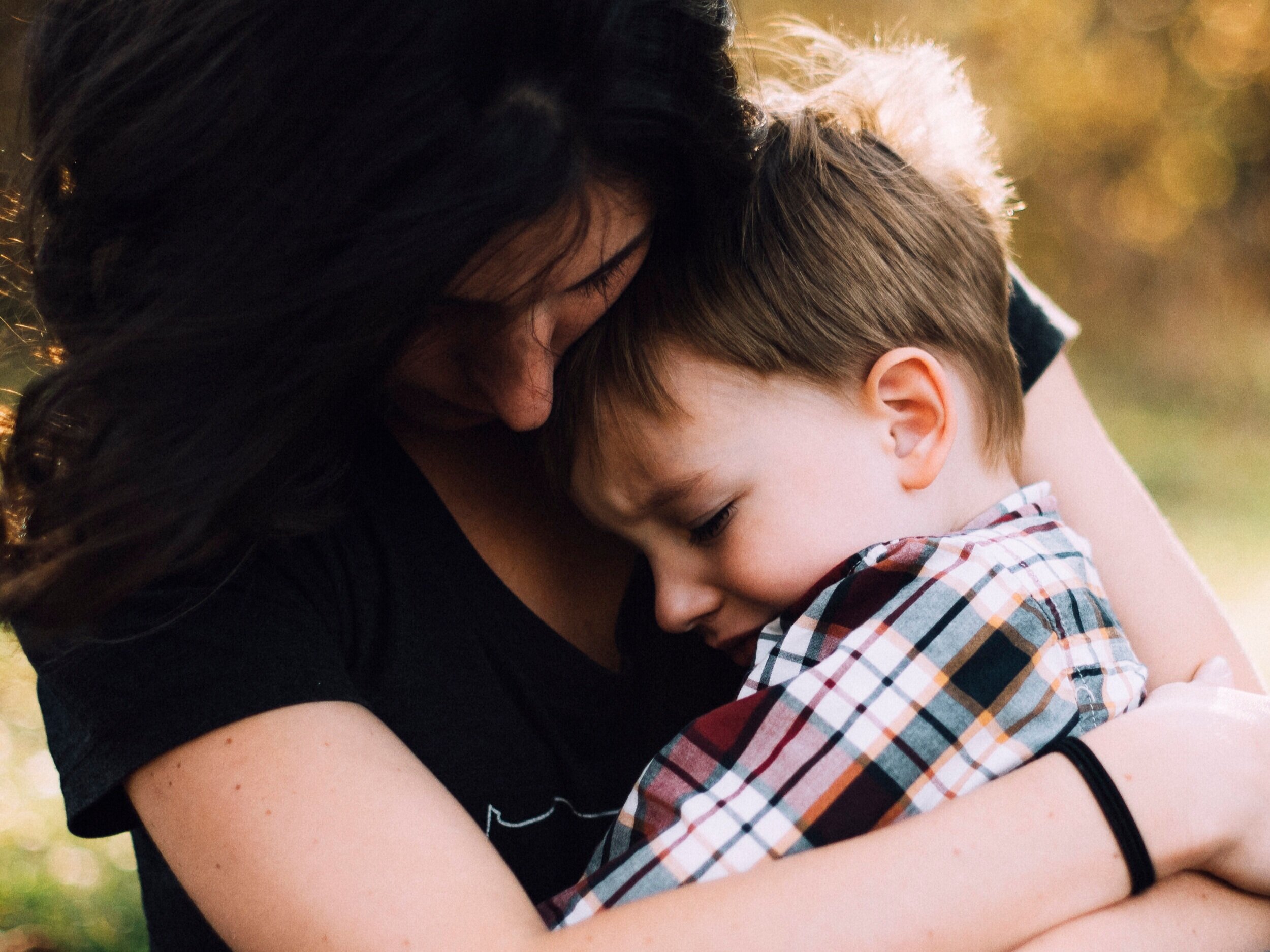Friends,
A young nurse and I spoke recently about her experience of secondary trauma. She indicated how she’s worried about her small patients and the tiniest of errors she might make that could have life-altering results. She admitted to ruminating about drawing blood from PICC-lines, moisture in ventilators, and uninvolved parents in patient care. She reported worrying about COVID, TBI, and violence even when she’s not at the hospital. She exhibiting symptoms of early career compassion fatigue and vicarious trauma.
I sat. I listened. She was tearful and full of anxiety. We discussed the pressures of medical care and the drive for perfection. She also admitted that she was terrified to talk with colleagues about her worries, fear of mistakes or overwhelm because she was certain that they would see her as incompetent.
Any of this sound familiar?
We live in a performative society. Medical models perpetuate a complexity of perfection, hero complex and unreasonable expectations of human performance. And, by the way, all of that cloaked in messages of stoicism. Never let them see you sweat. Save others, deal with your needs later. Don’t talk about overwhelm or uncertainty for fear of looking incompetent. And self-care? It’s a great idea…for someone else.
I’m not going to scold you or shame you or even judge you for the space that’s been created – not by you, but through decades of creating a culture of perfection and performance. But what I am asking, in fact begging of you is this: Can you put down your capes? Not always, but sometimes? You are heroes but you need not be heroic all of the time. Medicine can be BOTH life-saving and life-draining. It can be fulfilling and exhausting. Recognize that the cape is heavy and after 18 months of healing during a pandemic, it’s a bit tattered.
I simply want to provide a space where you can be human, seen and accepted for being a WHOLE person. Healing begins with acknowledgement. Often from others first, then through grace and self-compassion, for ourselves.
You can pick the cape up later, I promise. Or change in a nearby phone booth – wink.
PS – if you’d like to take my newest creation for providers – Healthcare Provider Burnout Quiz, you can find it here and share with friends. Let’s continue to talk about all of the overwhelm!
With compassion,
Dr. Amy

